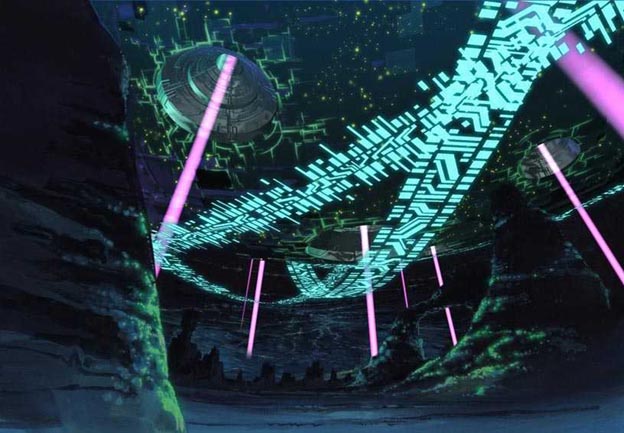
(Please note that some of the linked videos in this entry contain profanity. Also note that the Chronicle decided that this was alright, so I’m following their lead.)
In a previous entry, I briefly mentioned a viral video called “So You Want to get a PhD in the Humanities?”.
Obviously, since it’s a viral video, I wasn’t the only one who was laughing hysterically and sharing it with her friends. But apparently it wasn’t just grad. students watching either. The brilliant writers at the Chronicle recently picked up on it, and have written an article examining this new breed of videos and their place in the university system.
The Chronicle links to a bunch of these kinds of videos, but they actually interviewed the maker of the same video I first linked to (and linked to again above). Perhaps surprisingly, she is not an English Ph.D. drop-out. And, no, she’s not at all like the wary professor in the video either. In fact, despite her cynical video, she is much more like the enthusiastic, idealistic, pig-tailed student the video pokes fun of. In fact, most of these new academic satires springing up via Xtranormal (the site where the videos are made) are created by people within the very field the videos parody. As the Chronicle notes, “nearly every higher-education niche has [created at least one video], it seems, though the gags often make sense only to insiders. For example, do you find regression-discontinuity designs funny? Political scientists do.”
The Chronicle also makes a point of mentioning how Xtranormal has actually also become a successful classroom tool, and that the site is reorganizing itself to allow teachers to assign this simple kind of video-making as homework or extra credit. These videos seem to be particularly useful for introductory foreign language classes, as well as for presenting theoretical debates in a funny and approachable format.
But what the Chronicle doesn’t really tackle, and what I’m kind of interested in, is why so many grad. students have decided to create these kinds of videos making fun of their own subjects. If they’re not people who “ran away” from the PhD and want to show the horrors they have escaped, what are they getting out of this? Are academics just naturally masochists (as the academic librarian video seems to imply)? Does grad. school just imbue people with a dark and self-deprecating sense of humor? It seems to me that it’s a bit like the Facebook support groups and terrified status updates that appear during the end of each semester. You know it’s crazy. You know the chances of getting where you want to be are slim. But you also know you have to do it. It’s the only option you choose to give yourself. And how can you get through it without a little laughter and support from the people just as insane as you are?
Plus, maybe if enough of these kinds of videos are made, they will become a call to action. Maybe someone will eventually do something to fix all the problems they’re pointing out. I mean, if there are this many complaints, I’m guessing the system is at least cracked, if not broken.
Now I want to see what the Chronicle has to say about this one: Honest Grad School Ad.



